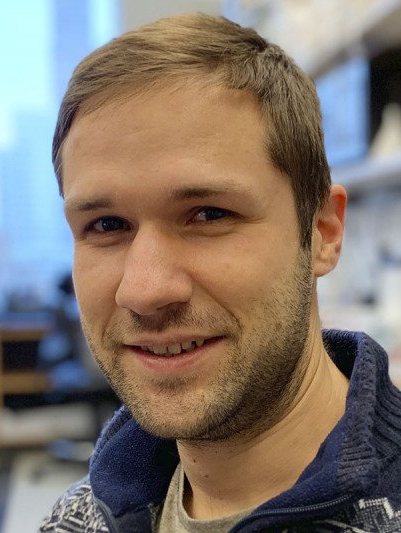Epigenetic memory of coronavirus infection in innate immune cells and their progenitors Journal Article
| Authors: | Cheong, J. G.; Ravishankar, A.; Sharma, S.; Parkhurst, C. N.; Grassmann, S. A.; Wingert, C. K.; Laurent, P.; Ma, S.; Paddock, L.; Miranda, I. C.; Karakaslar, E. O.; Nehar-Belaid, D.; Thibodeau, A.; Bale, M. J.; Kartha, V. K.; Yee, J. K.; Mays, M. Y.; Jiang, C.; Daman, A. W.; Martinez de Paz, A.; Ahimovic, D.; Ramos, V.; Lercher, A.; Nielsen, E.; Alvarez-Mulett, S.; Zheng, L.; Earl, A.; Yallowitz, A.; Robbins, L.; LaFond, E.; Weidman, K. L.; Racine-Brzostek, S.; Yang, H. S.; Price, D. R.; Leyre, L.; Rendeiro, A. F.; Ravichandran, H.; Kim, J.; Borczuk, A. C.; Rice, C. M.; Jones, R. B.; Schenck, E. J.; Kaner, R. J.; Chadburn, A.; Zhao, Z.; Pascual, V.; Elemento, O.; Schwartz, R. E.; Buenrostro, J. D.; Niec, R. E.; Barrat, F. J.; Lief, L.; Sun, J. C.; Ucar, D.; Josefowicz, S. Z. |
| Article Title: | Epigenetic memory of coronavirus infection in innate immune cells and their progenitors |
| Abstract: | Inflammation can trigger lasting phenotypes in immune and non-immune cells. Whether and how human infections and associated inflammation can form innate immune memory in hematopoietic stem and progenitor cells (HSPC) has remained unclear. We found that circulating HSPC, enriched from peripheral blood, captured the diversity of bone marrow HSPC, enabling investigation of their epigenomic reprogramming following coronavirus disease 2019 (COVID-19). Alterations in innate immune phenotypes and epigenetic programs of HSPC persisted for months to 1 year following severe COVID-19 and were associated with distinct transcription factor (TF) activities, altered regulation of inflammatory programs, and durable increases in myelopoiesis. HSPC epigenomic alterations were conveyed, through differentiation, to progeny innate immune cells. Early activity of IL-6 contributed to these persistent phenotypes in human COVID-19 and a mouse coronavirus infection model. Epigenetic reprogramming of HSPC may underlie altered immune function following infection and be broadly relevant, especially for millions of COVID-19 survivors. © 2023 Elsevier Inc. |
| Keywords: | genetics; mouse; animal; animals; mice; inflammation; cell differentiation; disease model; monocytes; disease models, animal; transcriptome; il-6; epigenome; single-cell; humans; human; epigenetic memory; hematopoietic stem and progenitor cells; trained immunity; coronavirus disease 2019; covid-19; pasc; peripheral blood mononuclear cell progenitor input enrichment; post-acute sequelae sars-cov-2 infection |
| Journal Title: | Cell |
| Volume: | 186 |
| Issue: | 18 |
| ISSN: | 0092-8674 |
| Publisher: | Cell Press |
| Date Published: | 2023-08-31 |
| Start Page: | 3882 |
| End Page: | 3902.e24 |
| Language: | English |
| DOI: | 10.1016/j.cell.2023.07.019 |
| PUBMED: | 37597510 |
| PROVIDER: | scopus |
| PMCID: | PMC10638861 |
| DOI/URL: | |
| Notes: | Article -- Source: Scopus |
Altmetric
Citation Impact
BMJ Impact Analytics
Related MSK Work






